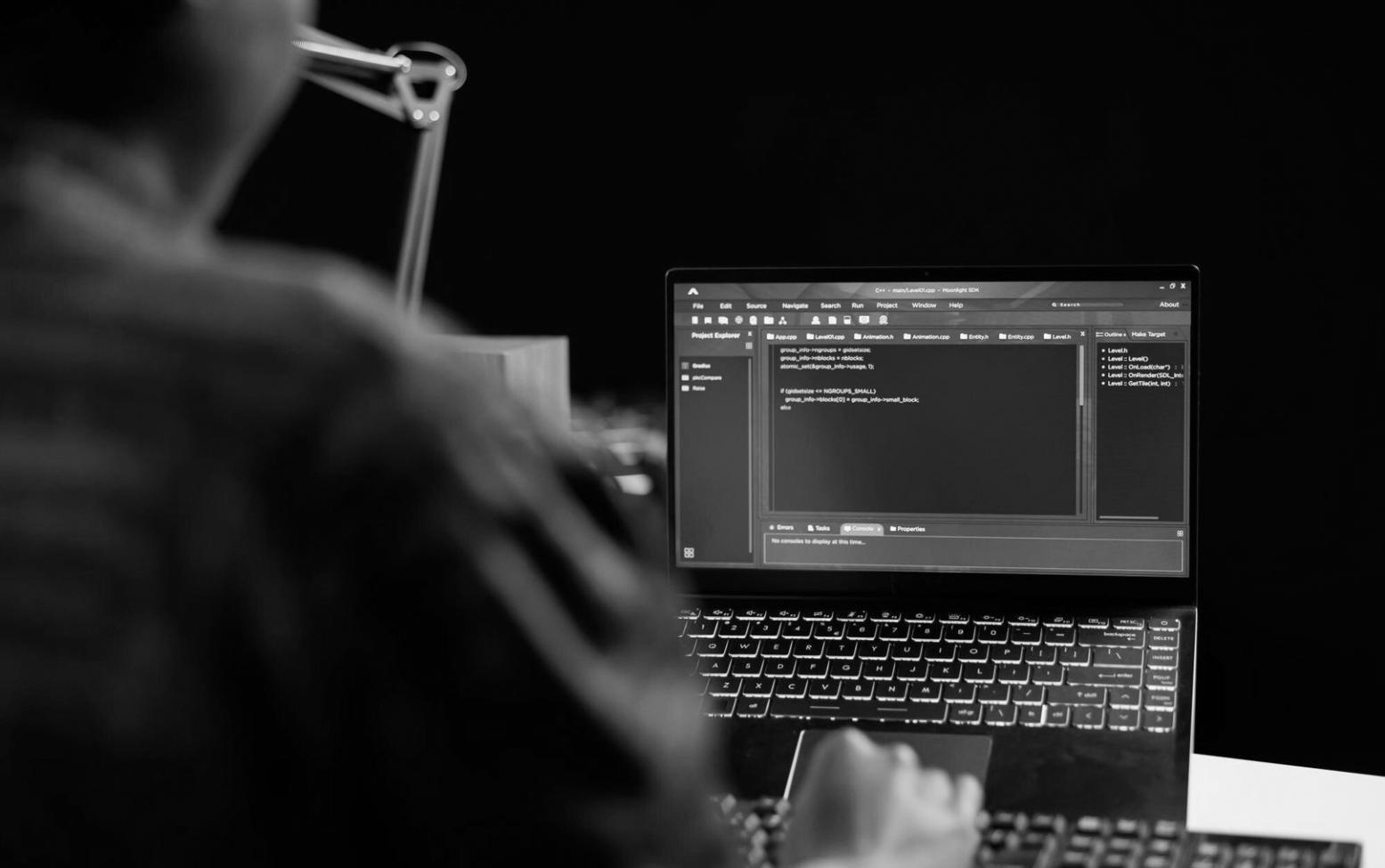Student Success Stories
Real feedback from students who transformed their creative vision into professional 3D game design skills

From Concept to Career
Many students arrive with scattered ideas about game design but leave with concrete skills that actually work in professional settings. The journey isn't always smooth – some concepts take weeks to master, others click immediately. But that's exactly what makes the learning process authentic.
I spent months watching YouTube tutorials that never connected the dots. Here, everything builds on previous lessons in a way that actually makes sense. My portfolio went from amateur sketches to work that gets attention from studios.

Beyond Technical Skills
The program teaches more than software – it develops problem-solving approaches that work across different projects and teams. Students learn to critique their own work, iterate based on feedback, and communicate design decisions clearly to both technical and creative colleagues.
The critique sessions changed how I approach every project. Learning to explain why certain lighting choices work better than others – that skill translates directly to client meetings and team collaboration.

Real Project Experience
Working on actual game prototypes during the program gives students experience with realistic constraints, deadlines, and creative compromises. These projects become portfolio pieces that demonstrate practical problem-solving rather than just technical exercises.
Building a complete level from concept to playable prototype taught me more about game design than any individual tutorial could. The feedback loop between design decisions and player experience became crystal clear.
How We Compare
Students often ask about different learning approaches. Here's an honest comparison of what you get with different educational paths.
Ready to experience structured learning with real mentorship? Our next program begins in September 2025.
Explore Learning Program